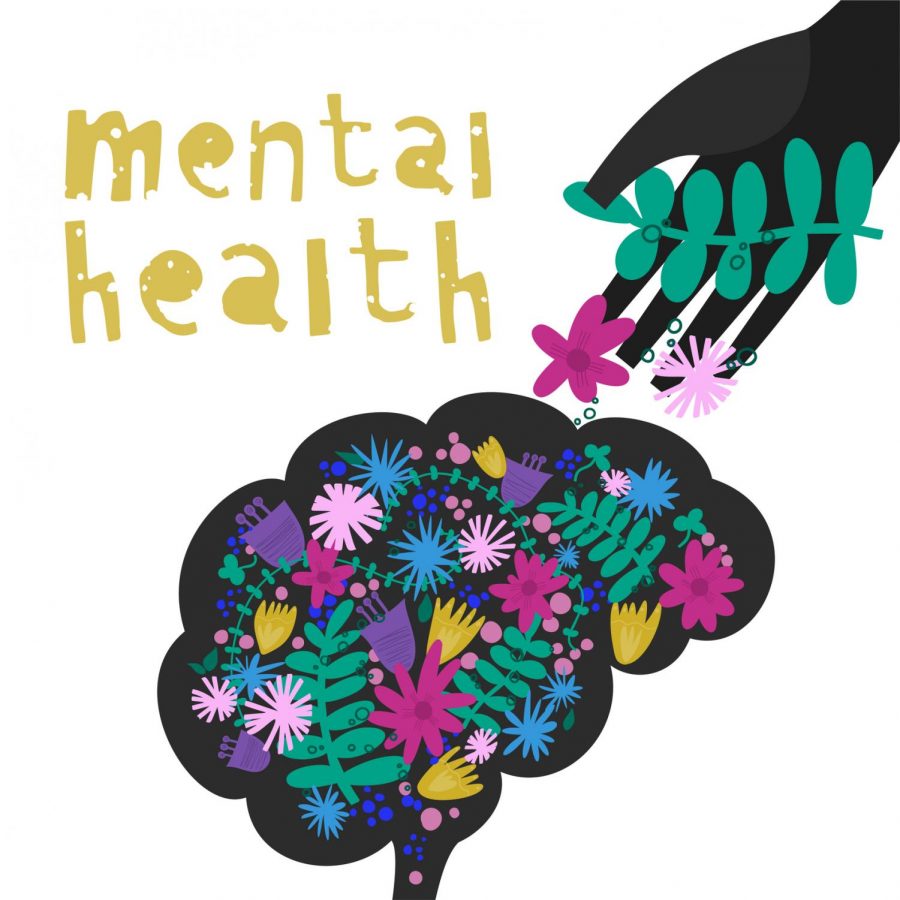Mental Health Information and Tips for Athletes
Being an athlete can be extremely tough, both on the physical and mental side. You have to keep your body strong, your skills sharpened, and your mind as robust as ever. As an athlete, you also have to learn how to keep your emotional responses in check. It’s all about mentality. If your sport affects your mental health, it can also cause tons of other problems including unhealthy eating patterns, weak interpersonal relationships, and anxiety and mood disorders.
Anxiety disorders include performance anxiety, panic disorder, and feeling overwhelmed during or before a game. Personality disorders are also fairly common in athletes, and personality traits of someone who exhibits this disorder include perfectionism, narcissism, and impulse control problems. Here are a couple of mental tips for athletes who are struggling:
- Give yourself permission to feel how you are feeling.
If you are feeling anxious, frustrated, angry, don’t try to change it. You do not have to be positive and optimistic all the time. By openly acknowledging those feelings, you will be able to work through those emotions. Always remember your identity and remind yourself of things you should be grateful for when you are feeling down. Maybe write it down on a piece of paper, and take it with you to your games and practices. This way, even if you are feeling upset, you have a reminder of how far you have gone.
2. Focus on your own situation.
Don’t think too much on other people and what they are going through. When you step on the court, you focus on your own game. In sports, there is always something going on, but by bringing your focus on you and what you can do to improve, it will reduce stress. You can work on this technique by practicing mindfulness. There are many mindfulness apps you can download including Insight Timer, Headspace, and Aura.
3. Set realistic goals.
Write down 3-5 goals for your next practice/game on a piece of paper. Write down the steps you need to achieve to reach your goals. Continue to visualize them. This technique will help you keep your mind stay on track and focused.

4. Don’t be afraid to ask for help.
As an athlete, you have to learn to be coachable. This also means being comfortable with asking others for help, not just skill-wise but mental health-wise. If you are struggling with something, don’t be afraid to open up and share with other people. Surrounding yourself with people you love can also help with stress and anxiety.
5. Have fun.
Do things that make you smile. It can help you feel refreshed and loved and that can do wonders for your mental health. Focus on the little things in life as well. Take 10-15 minutes out of your day to just do something that you love. During your practice, brush off your mistakes and ask yourself how you can fix it. You are not your worst mistakes. Remember that.
6. Connect with your teammates.
Reach out to your teammates outside of practice and make plans with them. Socializing can improve mental health a lot, and it can also make you feel better on bad days. It can remind you that you are not alone and that you have tons of people you can look to for help.

If you are an athlete who would like to join a community of people who can help with mental health, email Mr. Blueford about joining SportsHi. If you are not an athlete, you are welcome to join as well. Go Knights!









